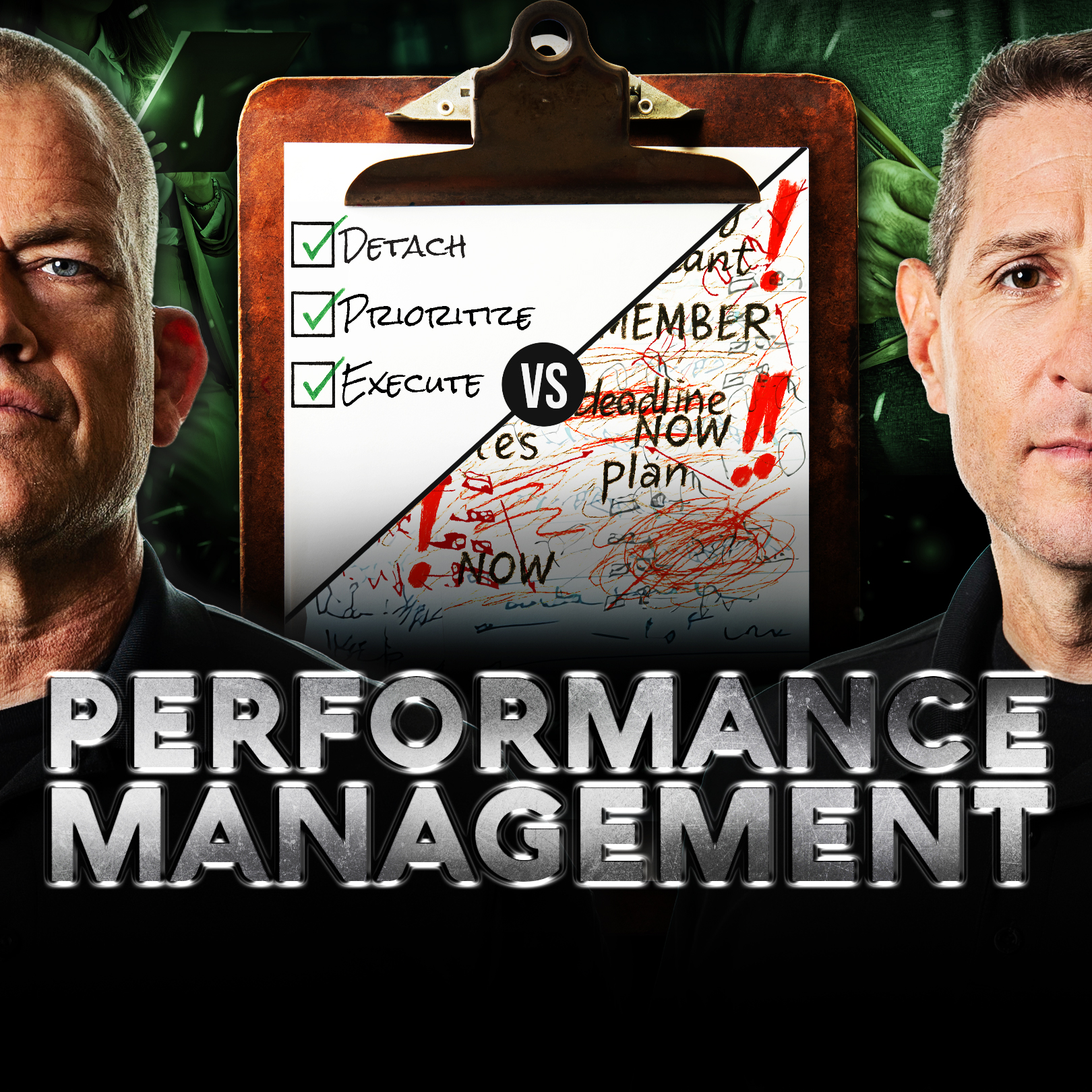Formal performance reviews are often a routine part of personal development in the workplace. While managers provide valuable feedback, it’s equally important to reflect on your own performance through a well-crafted self-evaluation. How to write a self-evaluation for a performance review is a question many employees face. The answer lies in self-awareness, intentional reflection, and clear communication.
Writing a self-evaluation may seem daunting, but it’s an opportunity to take ownership of your contributions and your shortcomings. Let’s break down the process and discuss how to write a self-evaluation performance review that highlights both your successes and areas for improvement.
Tips on How to Write a Self-Evaluation Performance Review
Reflect on Your Performance
The first step in writing an effective self-evaluation is taking time to reflect on your personal performance. When you consider how to write a self-evaluation for performance review, begin by reviewing your goals, tasks, achievements, and failures from the evaluation period. Think about the projects you completed, the tasks you failed to complete, the objectives you met, and the challenges you overcame. Here’s an example of how to structure this reflection:
Quantify Results:
Whenever possible, use specific numbers or outcomes to showcase your impact. For example, did you increase sales by 15% or complete a project ahead of schedule? This concrete data demonstrates your contribution clearly.
Highlight Key Skills:
Think about the skills you developed or demonstrated throughout the review period. Whether it’s leadership, problem-solving, or communication, connecting your successes to key competencies will help reinforce your value to the organization.
Demonstrate Value to Team and Company:
Your individual performance has a direct impact on the overall success of your team and company. Show how your contributions aligned with organizational goals, such as increasing efficiency, fostering collaboration, or achieving business objectives.
Don’t Oversell:
While it is important to highlight accomplishments, be honest with yourself about your performance. Where did your success come from? Good training from your boss? Support from your team? This is not a time for exaggerating successes and downplaying shortfalls. This is your opportunity to improve while avoiding being overly critical so that you maintain balance.
While it’s important to reflect on your strengths, be honest and critical of areas where you could have improved. This honesty is not only appreciated but is a key element of self-awareness. Understanding how to write a self-evaluation performance review can help you effectively communicate your progress. Employers value employees who can recognize where they fell short and take ownership of their mistakes.
Set Goals for Improvement
As you write your self-evaluation, it’s also essential to include specifics on how you plan to improve. This is your chance to demonstrate self-awareness and a commitment to personal growth. How to write a self-evaluation performance review should not solely focus on what you’ve accomplished and where you’ve failed; it should also outline specific solutions you can implement to enhance performance.
This is how you truly take ownership of problems. You can’t simply point out areas of weakness or failure. That is not true ownership. Learning how to write a self-evaluation performance review helps you go beyond identifying issues to demonstrating Extreme Ownership—providing and taking action on solutions to those problems.
Identify The Problem:
Don’t be vague about the issue. Detail exactly what the problem was and how you created it.
Describe the Impact:
Demonstrate your understanding of how that problem impacts the team and organization by detailing that as part of your performance review.
Take Ownership:
Take full ownership of the situation. Don’t make excuses or try to shift any blame on someone else.
Provide Solutions:
Outline the exact solutions you plan to put in place to prevent this issue in the future.
Take Action:
Finally, take action on the solutions you are outlining in this performance review. If you don’t take action, you will lose all credibility, and knowing how to write a self-evaluation for performance review won’t matter.
By identifying areas for growth and developing a strategy to address them, you not only demonstrate your commitment to self-improvement but also highlight your proactive approach to performance management.
Simple, Clear, Concise Communication
Writing a self-evaluation is about more than just assessing your performance; it’s also about telling your story. The final piece of how to write a self-evaluation for performance review is ensuring that your evaluation clearly communicates both your progress and the challenges you faced. Present your reflections in a professional, objective tone, and balance your achievements with the acknowledgment of any mistakes.
When discussing challenges, avoid sounding defensive or making excuses. Instead, frame them using the Framework above. Keep in mind the broader context of the organization’s goals. How does your work support the overall mission of the company? Aligning your self-evaluation with company goals helps reinforce your value to the organization.
Finally, when writing out your responses, focus on keeping things simple. When learning how to write a self-evaluation performance review, trying to overexplain and add as much detail as possible is often not helpful for performance reviews. Your manager likely has to review a lot of these, and the harder it is for them to understand what you wrote, the less likely it is that you will be effective in communicating your true performance.
Conclusion: Own Your Growth
In conclusion, learning how to write a self-evaluation for performance review is an essential skill in any professional’s career. A well-crafted self-evaluation serves as an opportunity to highlight your achievements, acknowledge areas for growth, and set clear goals for the future. By reflecting on your contributions and outlining your development plan, you demonstrate both leadership and initiative.
If you’re ready to improve your leadership skills, start strengthening your performance. Enroll and unlock your leadership potential today on the Extreme Ownership Academy courses.




